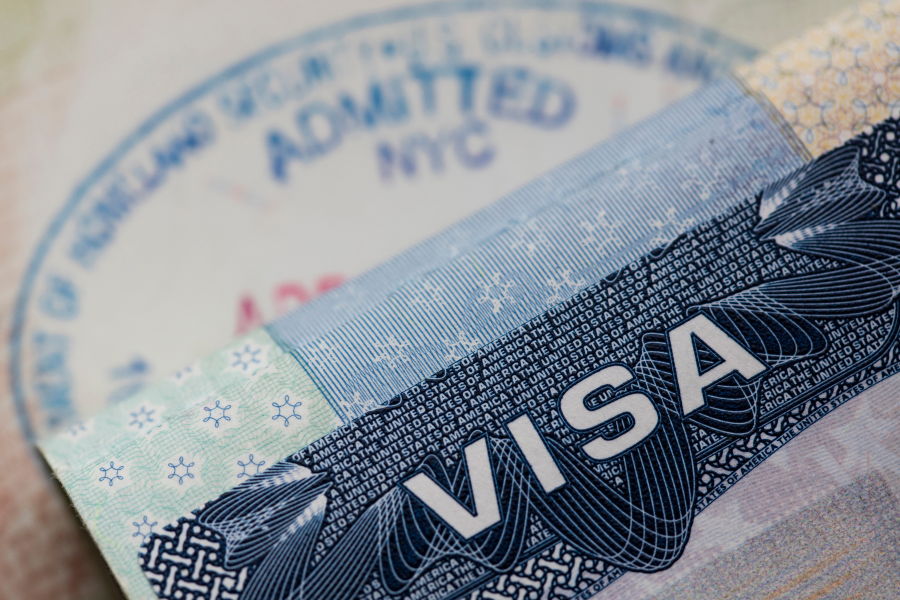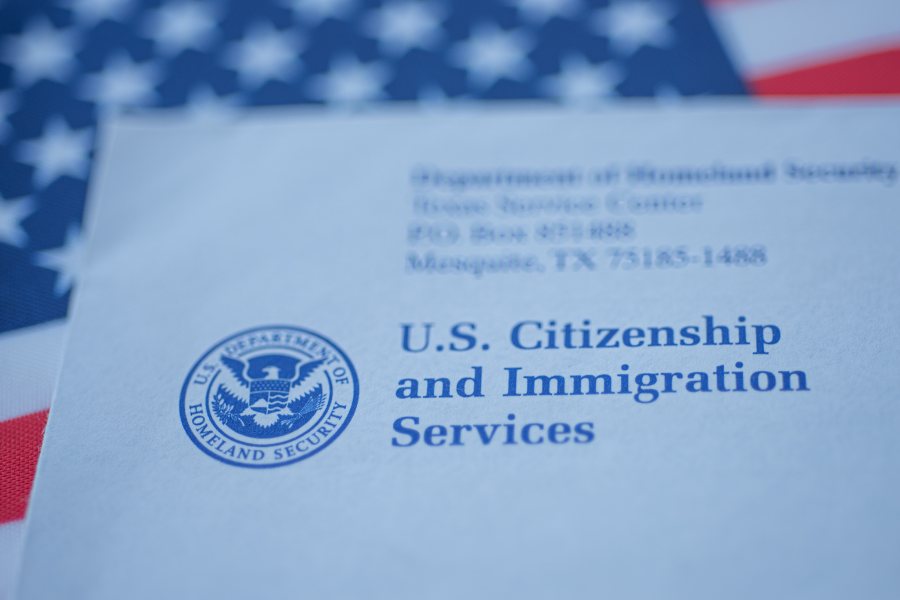Optional Practical Training (OPT) is a training benefit for valid F1 Student Visa holders. It has to be directly related to the student’s major and, once approved, permits foreign students to work for up to a cumulative 12 months, during or immediately following their studies. Although administered by United States Citizenship and Immigration Services (USCIS), U.S. Immigration and Customs Enforcement (ICE) oversees the program and conducts any enforcement actions related to it.
ICE has recently been conducting site visits at employer sites where OPT work is being performed. Although limited in scope to verification of the work conditions and relationship to the area of study, ICE reserves the option of conducting full investigations and referring concerns to other agencies which may have a regulatory interest like the U.S. Department of Labor. Inasmuch as these actions follow an Administration proposal to limit or eliminate practical training for foreign students concerns about participating in such training opportunities is understandable.
However, schools, students, and employers benefit greatly from OPT and careful adherence to the requirements of the program, particularly with regards to diligently notifying the schools of any proposed changes to the training plans before affecting them, can make ICE site visits little more than an annoyance. (The University of Michigan publishes excellent student guidance for managing their obligations under the program, entitled “While You Are On Post-Completion Optional Practical Training (F-1 Students)”. This approach is one which preserves the benefits of the program while acknowledging the regulatory mechanism changes ICE has initiated. (See, for example, the University of Pennsylvania’s public statement, entitled “ICE Increasing Site Visits at STEM OPT Work Locations.”)
The Trump Administration is strictly enforcing a number of immigration laws and regulations and in ways not seen in many years. Conducting site visits at OPT training sites fits within the broader thrust of Administration enforcement actions. By carefully following school’s guidelines (see, for example, the guidelines of the University of California at Santa Cruz) and making good use of the Designated School Officials overseeing the OPT, both student and employer can avoid complications rising from these site visits.
Please contact us over here at Green and Spiegel if there are specific questions about OPT, if training or guidance would be helpful to school or employer, or if questions about a U.S. Department of Homeland Security site visit has occurred and you want to review things with one of our attorneys.




